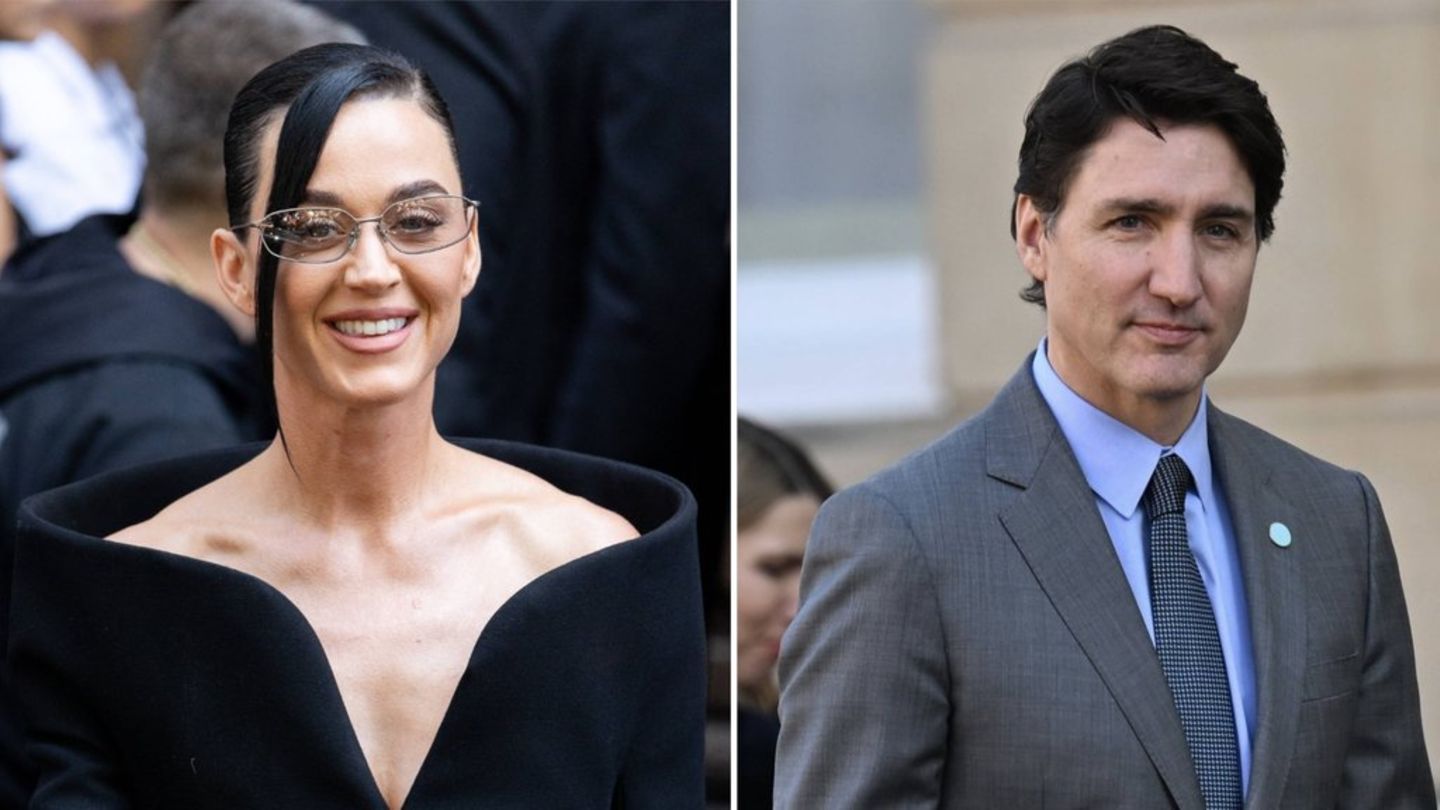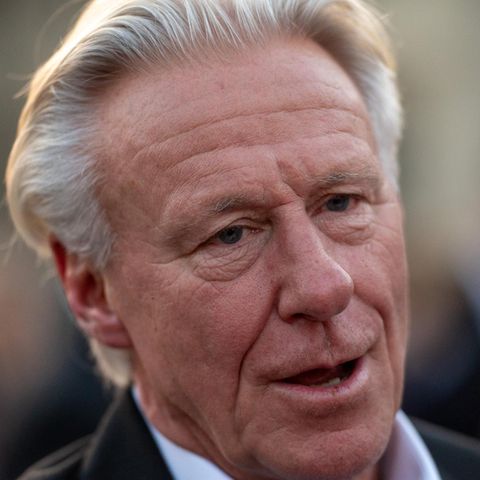One month into the presidential administration of Javier Milei, the Minister of Economy, Luis Caputo, together with the head of the BCRA, Santiago Bausili, announced the renegotiation with the International Monetary Fund. The agreement guarantees US$4.7 billion to cancel maturities with the organization, which to Daniel Marx (former director of the Central Bank, chief debt negotiator between 1988 and 1993 and former Secretary of Finance between 2000 and 2001), will bring predictability in the short term. One day after the announcement, the INDEC inflation data was published, which was 25.5%. For the analyst, the figure could be reduced to single digits during the course of the year, if a stabilization plan is successfully applied. The possibility of an imminent devaluation, the geopolitical discussion around the position of the IMF and the partially “ambitious” Milei legislative goals are some of the points addressed by the director of Quantum Finance in dialogue with Ambit.
Journalist: What is the feasibility of the goals agreed upon between the Government and the Monetary Fund for 2024?
Daniel Marx: At the level of what is known, it seems to me that the goal of meeting international reserves is relatively comfortable, easy to meet, barring a catastrophe. But later, with the fiscal deficit there is confusion: it speaks first of primary deficit, then of the total fiscal deficit, and I believe that the goal will be for the primary, which is more fair to be an annual goal. I say two things: there are delays in some application of the measures that were announced, some are equally ambitious, and then there is another question of whether they will be counted in the primary or not, and that has to do with the treatment of property income. and that is debatable, but that makes it easier for you to fulfill the primary. Regarding the financing of the Central Bank, clarifications are also needed there. I assume they will aim for zero total financing, whether in local or foreign currency. Until now in foreign currency it has not been fulfilled.
Q.: What are the goals that you consider ambitious within Milei’s economic program?
DM: The increase in withholdings has not been implemented, which may have a significant impact on estimated income. The method of indexing pensions is also not defined, nor is it defined when rate increases and reductions in subsidies will be implemented.
Q.: Is it possible, as Caputo warned, to increase adjustment resources in the event that the reforms do not maintain positive legislative treatment?
DM: They are policy decisions. They are sending a signal to look for a result and if they do not respond in one way, they will look for another.
Q: What view does the market have on the renegotiated agreement?
DM: What was already seen before is that Argentina had to correct, in one way or another. And that has already given a boost to bond prices. The agreement with the IMF clears up some financing doubts in this regard, because the maturities with the organization in the first part of the year are important and can be met. That gives some predictability, at least in this matter. In addition, the Central Bank is accumulating reserves, purchases in the exchange market are setting a trend.
Q.: However, in recent weeks the growth of the exchange gap appears again. Do you assume another devaluation that will correct this difference during this first quarter?
DM: Now we have a semi-fixed exchange rate and at some point it will move more towards a managed float, which is why they are proposing reforms and modifying some fiscal and monetary operating rules.
Q.: Considering the inflationary inertia that the Argentine economy brings with it, how long will it take to see price accommodation with the program proposed by the Government?
DM: The inflation levels we have are unsustainable. One way or another, a stabilization plan will have to be reached and in a not so long term, I would say in a few months. In principle, Milei is correcting some of the relative prices and adjusting the fiscal numbers. At the same time, it proposes guidelines for structural reform. If all this progresses and is seen to be coherent and sustainable, we could return to single digits monthly throughout this year.
Q: How does the agreement with the Fund contribute to that objective?
DM: The agreement with the IMF would accompany. The Fund itself is letting them settle. Today it is a Fund that, ultimately, does not want to get too involved in policy decisions, that is the responsibility of the Government. Rather, it seeks to point out the issues that it considers need to be corrected. The change of government means a rethinking of the program.
Q.: Milei has publicly stated the intention to align strategically with the United States, the main shareholder of the IMF, while the link with China is going through a period of disagreement in terms of political gestures. How much do you think the geopolitical factor plays as a condition for strengthening ties with the organization?
DM: They are two lanes that still touch each other. Specifically: China is also part of the IMF, as are India, Brazil, the United States and Israel. The Fund looks at the financing part in principle. If Argentina’s financing has some dependence on Chinese credit, it is necessary to analyze how it is maintained or increased, if it plays in its favor and to what extent.
Source: Ambito




